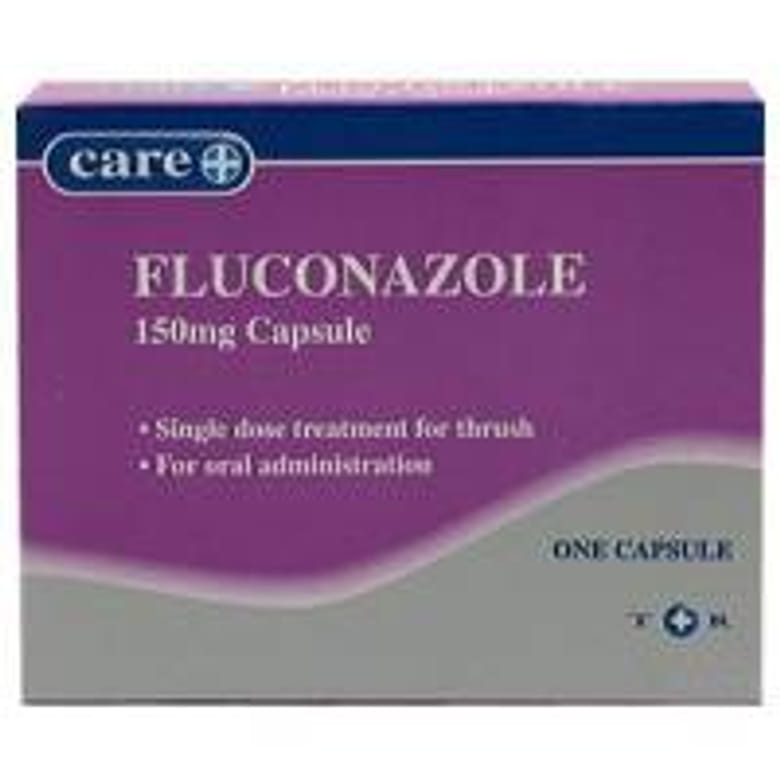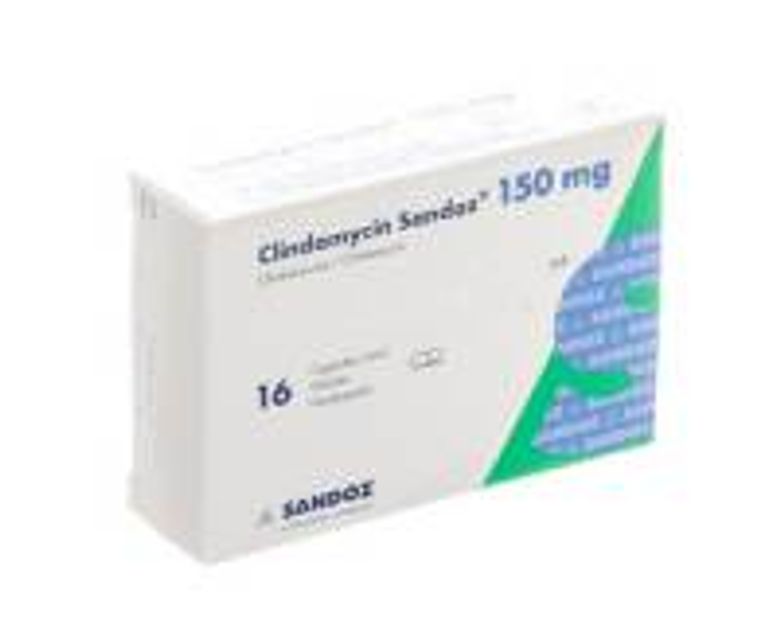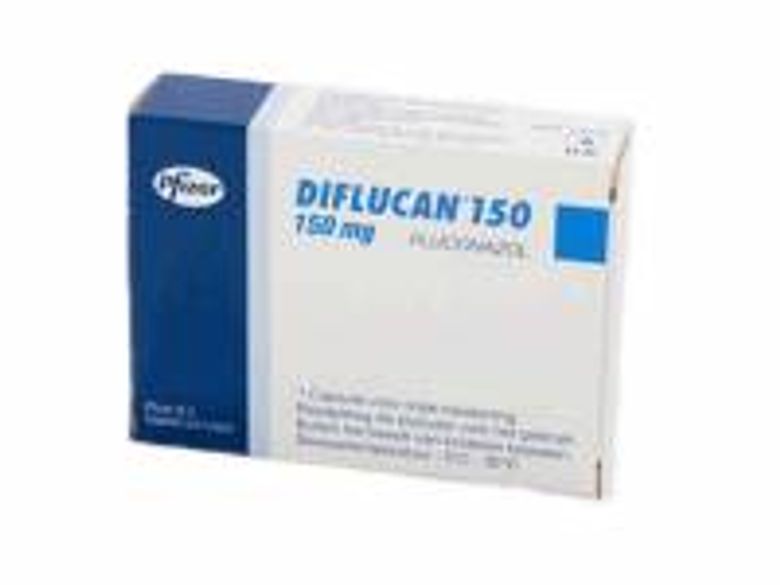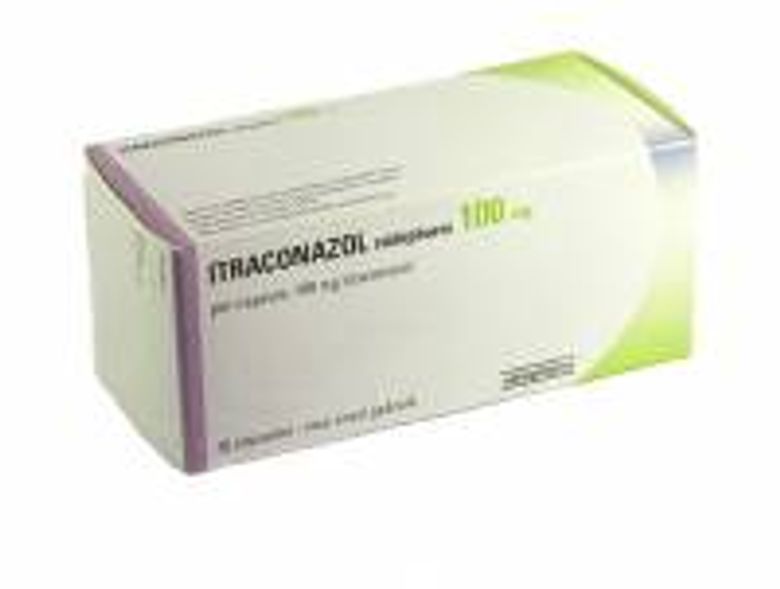Genital infections can have several causes. The term "genital infection" covers disorders that cause symptoms in the genital area, such as STDs, fungal infections, or bacterial vaginosis. These infections can affect both men and women and are fortunately very treatable.
Genital infections are infections of the vagina or penis. Many genital infections are caused by an STD, such as chlamydia, syphilis, or gonorrhoea. These conditions spread through unprotected sex and can be contracted when having sex without a condom.
However, not all genital infections are sexually transmitted diseases. For example, candida infections (yeast infections) and bacterial vaginosis can also occur without sexual contact, meaning they are not classified as venereal diseases.





